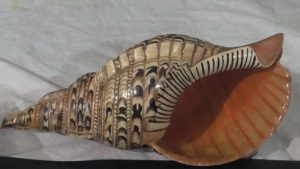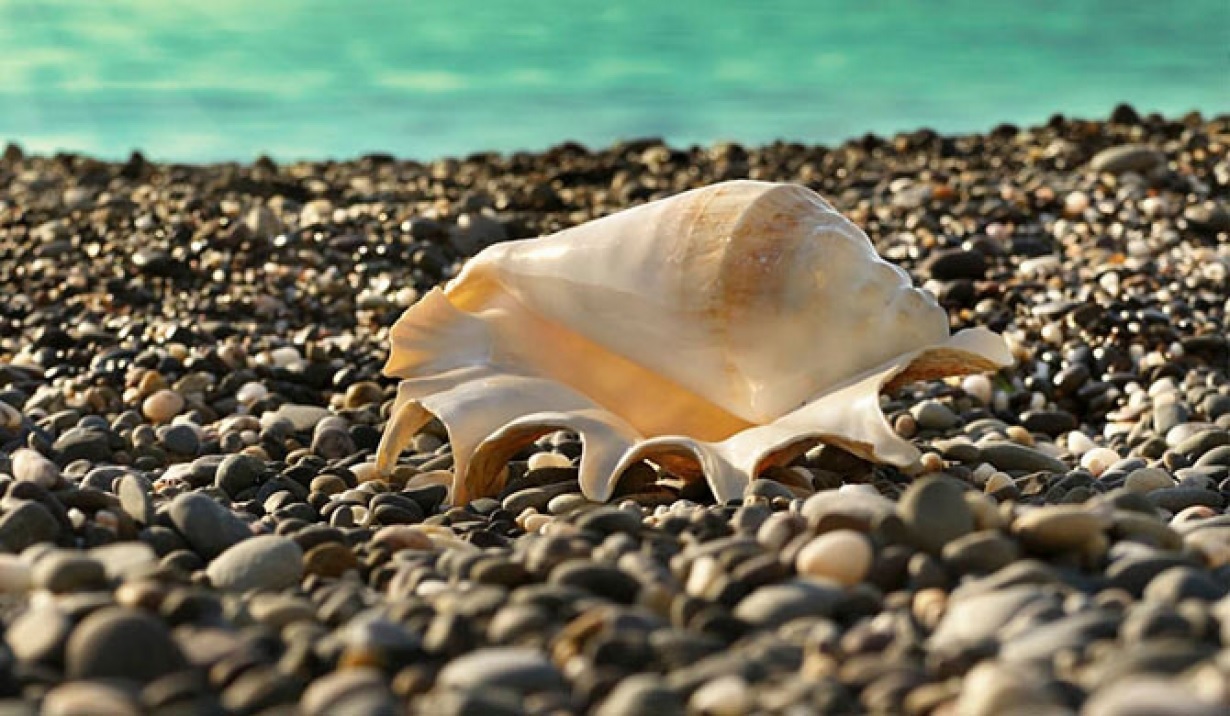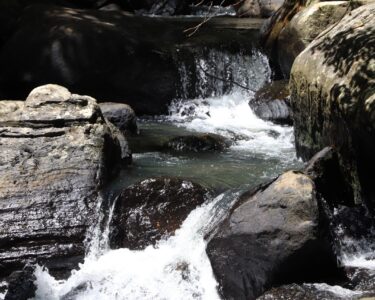The conch is currently under the custody of Sri Lanka’s wildlife department. Dr. AK Kumaraguru, an expert in marine and coastal studies, highlighted the rarity of right-twisted conches, suggesting that they could be as rare as one in 10 million. These shells hold both commercial value and immense significance in the Hindu religion.
Businessmen in South Asia and the Far East, who believe that possessing a Valampuri will bring them good fortune, are reportedly willing to pay exorbitant prices. This cultural and superstitious belief contributes to the demand for these shells.
The recent arrest sheds light on the growing trend of illegal conch shell trading, potentially facilitated by cyber platforms. The suspects allegedly acquired the conch shell from Kinniya in Trincomalee, revealing the involvement of multiple regions in this illicit trade network. Investigations are ongoing, with collaboration from the National Aquatic Resources Agency (NARA).
Illegal export
As Sri Lanka faces increasing scrutiny for its role in the illegal export of rare seashells, concerns are raised not only about the impact on marine ecosystems but also the preservation of cultural practices. The global trade in conch shells, especially those protected under international conventions like CITES (Convention on International Trade in Endangered Species of Wild Fauna and Flora), presents significant challenges for enforcement.
Marine experts emphasize that the illegal trade is driven by both commercial interests and the cultural and religious significance of conch shells. To address this issue effectively, there is a pressing need for heightened awareness and stringent enforcement measures. This illicit trade poses a threat not only to marine life but also to the cultural heritage associated with these revered shells.
Marine ecosystems
The incident aligns with a pattern of illegal activities related to conch shells in Sri Lanka, including overharvesting and the illegal export of various species. Addressing the immediate legal consequences is just one part of the challenge; implementing measures to safeguard marine ecosystems and preserve the cultural and religious value attached to these revered shells is equally crucial. As authorities grapple with the evolving nature of cyber-enabled illegal trades, tackling the illicit conch shell market emerges as a significant aspect of ensuring environmental sustainability and cultural preservation.









